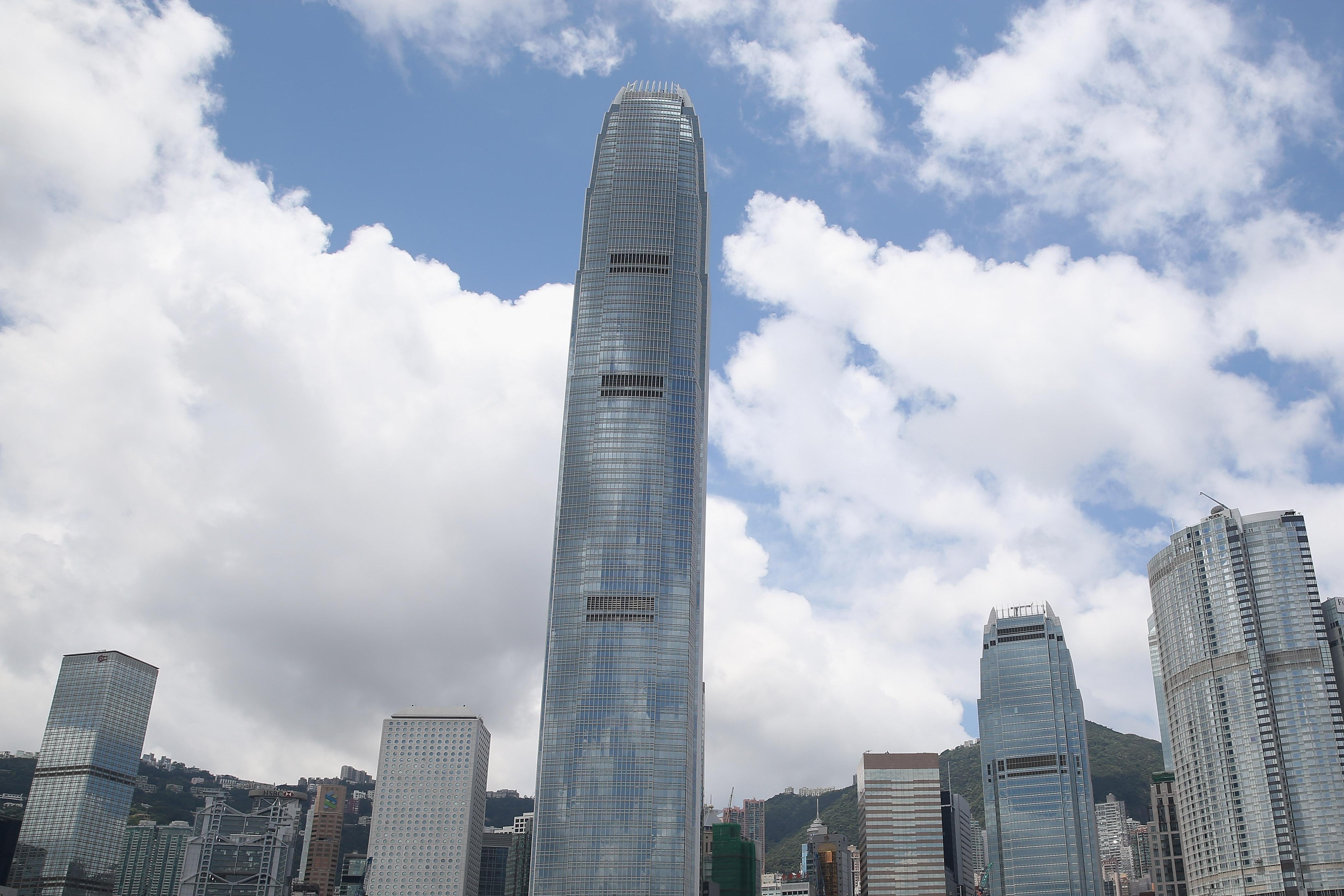When talking with political or business leaders in Hong Kong, you can’t go too long without hearing the phrase “one country, two systems.” The phrase, coined by Deng Xiaoping in the early 1980s to describe Hong Kong’s place within China after the British handover, is something of a mantra here, though which half of the phrase gets more emphasis can depend on whom you’re talking to.
The question of just how much influence Beijing has under the arrangement has obviously been a preoccupation here since before the handover took place, but it’s been getting more international attention since last year, when thousands of Hong Kongers took to the streets to protest a proposed changes to the city’s school curriculum that included a “patriotic education” program sponsored by Beijing.
Hong Kong’s politicians are roughly divided into “pro-Beijing” and “pro-democracy” camps. But it’s worth pointing out that despite its laissez-faire economic policies, relaxed social environment, unfettered freedom of the press and Internet, and frequent—and mostly unharrassed—street demonstrations, Hong Kong has never been a democracy in the traditional sense. Obviously it was a British colony with a governor appointed by London for most of the 20th century.
Today, it has a unique political system in which only half of the seats of the Legislative Council are popularly elected. The other half are selected to represent various interest groups, mainly business interests, but also labor unions and some social services groups. These “functional constituencies” also select the committee of 1,200 who select the city’s chief executive. In practice, this system leads to an arrangement in which, as one longtime city resident put it to us, “we elect the opposition but not the government.”
In theory, this is supposed to change in 2017 when Hong Kong moves to universal suffrage for both the legislature and the chief executive. The process of drafting a new election law has been dominating Hong Kong politics, with periodic interventions from Beijing such as demands that candidates meet a vaguely defined patriotism requirement.
As Legislative Council President Jasper Tsang, himself associated with the pro-Beijing bloc, put it, “In effect we have to design a system that’s considered fully democratic in which no pan-democrat can ever be elected.”
In addition to 2017, the other future date that seems to preoccupy Hong Kong is 2047, when the 50-year period during which China has agreed to respect the city’s political independence comes to an end. The idea that Hong Kong is becoming both more democratic and ever more integrated with the Chinese mainland might be seen as contradictory, though Tsang rejected any conflict between the two, arguing that Beijing has so far followed through on its agreements to respect Hong Kong’s special status.
Crossing the heavily staffed and tightly secured border between neighboring Shenzen and Hong Kong, as I did last Saturday, you certainly feel as if you’re entering a different country. Strict limits are maintained on the number of mainlanders allowed to settle in the city. And while the city has the world’s second-lowest fertility rate—behind only its fellow Special Autonomous Region, Macau—with space scarce and housing costs rising, it has chosen to fill its labor shortage mainly with temporary guest workers rather than allowing more mainlanders to settle.
Nonetheless more than 750,000 mainlanders have settled in Hong Kong since the handover under laws allowing family reunification, comprising around a 10th of the city’s current population. The city’s crucial retail sector is also increasingly reliant on wealthy mainlanders coming to drop their newly earned RMBs on Prada bags and Gucci sunglasses.
This has not surprisingly led to some tension. Hong Kongers have complained of receiving second-class treatment in favor of Mandarin-speaking outsiders in their own city’s stores. A YouTube video of an altercation between a mainland woman and other passengers on the Hong Kong metro went viral on both sides last year. Chinese parents traveling to Hong Kong give birth has led to a shortage of maternity ward beds. With fears of contaminated milk powders endemic in China, Hong Kong has had to restrict sales to mainlanders in order to preserve its own supply.
All the same, it’s hard to imagine major changes to the status quo for the time being. Hong Kong’s success is increasingly reliant on Chinese companies and consumers. And leaders in Beijing, while the may wish for more influence over the city’s politics, are probably smart enough to realize that major changes to the political order in Hong Kong would make the international firms that operate there extremely nervous.
Hong Kong seems likely to hammer out a workable if not popular political solution by 2017. As for 2047, what happens seems likely to depend largely on what China looks like in three decades. In other words, it’s anybody’s guess.
